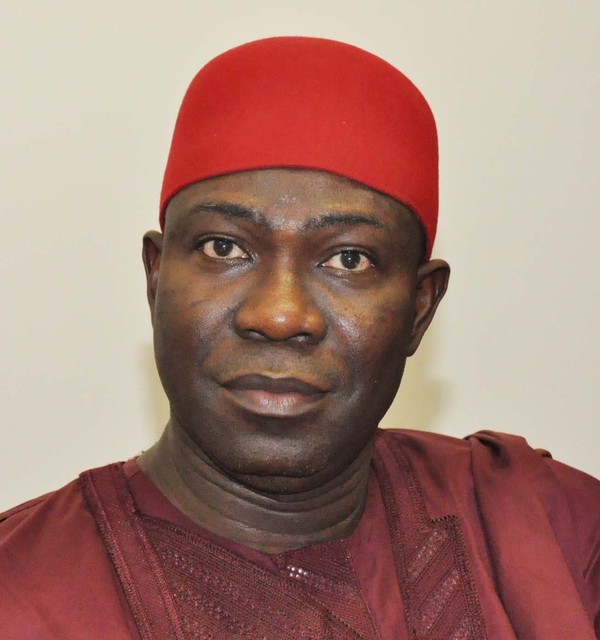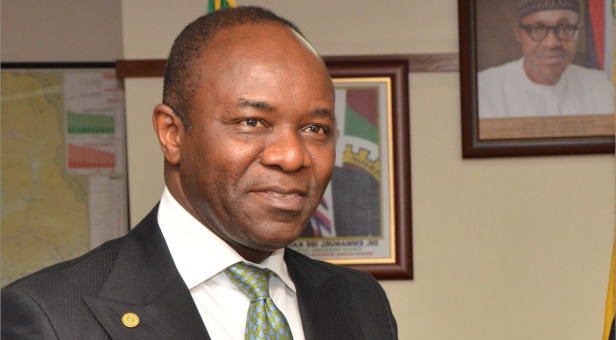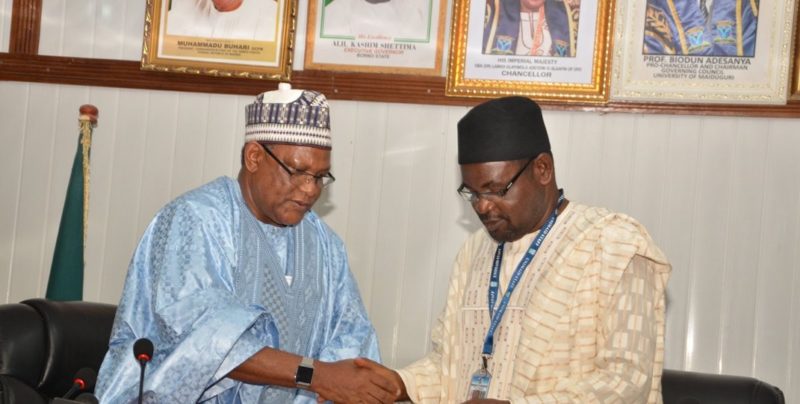Ike Ekweremadu, deputy senate president, says the bill seeking to provide for devolution of power in the 1999 constitution was rejected because it was misunderstood.
In simple terms, devolution of power means state governments will have more power to manage their affairs.
Last Wednesday, the senate voted against the bill while considering proposed amendments to the constitution.
In a statement issued by Uche Anichukwu, media aide of the lawmaker, on Monday, Ekweremadu said the bill would be revisited.
Advertisement
He expressed optimism that proposed amendment could still meet the constitutional threshold to become part of the Nigerian constitution when revisited.
He said it was not the end of the road for failed alteration bills, and that further consultation as well as understanding of the issues was needed.
Ekweremadu who chaired the senate committee on the review of the 1999 constitution, spoke during a consultative meeting on south-east infrastructural development with a delegation of the Partnership to Engage Reform and Learn (PERL) and the United Kingdom’s Department for International Development (DFID) led by PERL’s team Leader, Adiya Ode in Abuja.
Advertisement
“We commend our colleagues for their understanding and ensuring that about 95 percent of the amendments we proposed to them scaled through,” he said.
“We are also conscious of the fact that Nigerians are worried about some of the recommendations that did not pass. Let me use this opportunity to further appreciate and reassure Nigerians that we are sensitive to their feelings and that we are likely going to revisit some of the issues they are concerned about when we return from our vacation.
“Some of the issues did not scale through because there is need for fuller understanding as well as more consultations and consensus building on them and their implications for our people”.
“No doubt, your studies on south-east were right because the region is indeed highly challenged, especially in the areas of transport infrastructure such as roads, railway, seaport. We are also challenged in the areas of power.
Advertisement
“That is why we in the committee on constitution review believe we mean well when we talk about things like devolution of power. Our view is that some of these things should be moved from the exclusive list to the concurrent list so that while the federal government is making efforts, the states too will be making efforts either individually or in clusters or partnership with one another.
“That was why we took things like power to the concurrent list so that states can generate power, transmit, and distribute power. The same goes for railway, which is still the exclusive preserve of the federal government. That way, Nigeria can effectively speed up socio-economic development in all parts of the country.
“Unfortunately, some of these issues were misunderstood. But it is not the end of the road. We believe that with more engagements, the issues will be better appreciated and we are positive about more favourable dispositions when we revisit them. As leaders we all have our eyes on the future and are committed to building a better Nigeria for posterity.”
Advertisement
Add a comment







